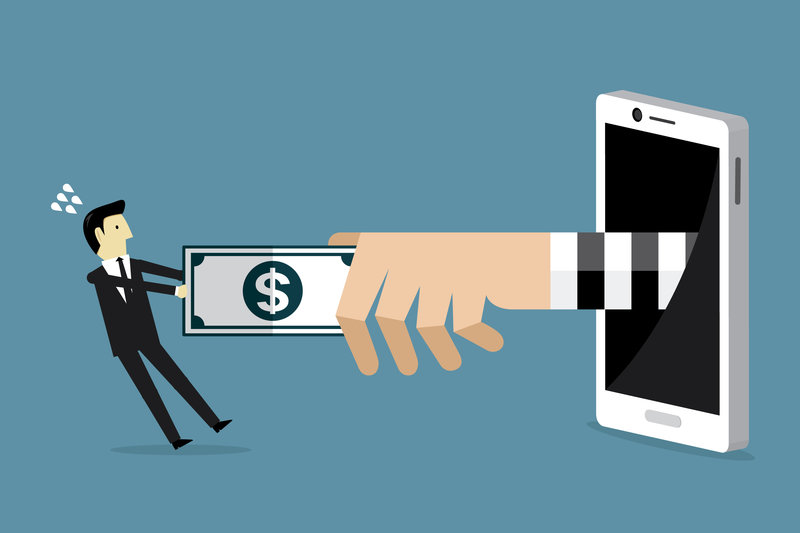Financial markets attract a lot of people seeking to multiply their savings. However, along with the growing interest in investments, the number of unscrupulous brokers whose aim is to deceive traders and take possession of their funds is also increasing. It can be difficult to figure out which broker is honest and which one is a fraudster, but there are a number of signs that will help to avoid losing money.
Illegal activities without licenses
The first thing to look for when choosing a broker is the presence of a license. Reliable companies are required to be vetted and authorized to provide financial services by regulators. In different countries it may be FCA (UK), ASIC (Australia), CySEC (Cyprus), and in Russia – the Central Bank.
Fraudulent brokers either work without licenses or use false documents. On their websites you can find links to supposedly existing licenses, but checking official registries does not confirm their authenticity. The lack of mention of the regulator is another worrying sign.
Unrealistic promises
Promises of huge profits with minimal risks are one of the main techniques of scammers. They lure clients with words about “guaranteed returns” or “quick riches”, but in the financial markets such promises sound implausible.
Reliable brokers always warn about possible risks, because trading on the stock exchange involves volatility and losses. If you see too tempting offers, you should consider whether they are trying to mislead you.
Lack of transparency
A bona fide broker provides full information about its activities, including company details, office address, terms of service and commissions. Fraudulent brokers, on the other hand, often conceal or vaguely state this information.
For example, the website may only contain a feedback form or non-working contact numbers. When attempting to request additional data, fraudsters either ignore questions or provide evasive answers.
Withdrawal problems
One of the most common complaints about scammers is the inability to withdraw money. In the initial stages, such brokers may allow you to make money and even give you access to funds to gain trust. However, as soon as the amounts increase or you try to withdraw large funds, there are “technical problems” or a requirement to pay a commission.
Real brokers clearly spell out the terms of withdrawal and never ask for hidden fees. If, however, you are asked to pay any additional “taxes” or “insurance fees”, this is a clear sign of fraud.
Aggressive selling and pressure
Fraudulent brokers actively use pressure techniques. They may call you several times a day, urging you to make an urgent deposit or invest in a “good deal.” Persistence and aggression is a standard way to make a trader make a hasty decision.
Real brokers do not resort to such methods. They provide information but do not apply pressure, leaving the decision to the client.
Fake reviews
Reviews are a powerful tool of influence, and scammers know this. They create fake comments and reviews where supposedly satisfied customers talk about their successes. These reviews often look the same, are filled with enthusiastic phrases, but lack specifics.
To verify the authenticity of reviews, consult independent sources such as specialized forums and broker review platforms. If you come across only positive comments without a single criticism, you should be wary.
Technical and platform quality
Fraudulent brokers rarely invest in developing quality trading platforms. Their programs can be inconvenient, slow or simply unreliable. Sometimes such platforms are created specifically for manipulation to show false data about your trades and returns.
Before registering, check what platform the broker offers, study reviews and make sure it meets modern standards.
How to protect yourself?
- Check licenses and regulators. Use the official websites of the regulators to make sure the broker is actually registered.
- Read reviews. Look for opinions on independent resources, but don’t blindly trust every comment.
- Study the terms and conditions. Read contracts carefully and check what commissions and fees are specified in the terms of cooperation.
- Start with minimum amounts. If you do decide to test the broker, start with a minimum deposit and make sure that withdrawal works without problems.
Vigilance and common sense are your main tools in the fight against scammers. Don’t let emotions and promises cloud your judgment. Remember: if an offer seems too good to be true, it’s probably a trap.



